COP16: With investment, small-scale farmers can restore lands
Highlights
- At COP16, IFAD will highlight the consequences of the lack of investment in food security, overcoming poverty and increasing stability.
- Desertification and drought threaten the livelihoods of an estimated 1.5 billion people worldwide
- Estimates show that the benefits from investments in restorative and sustainable land management practices can be huge. Every US$1 invested in restoration generates up to US$30 in economic returns
By Felix
The UN’s International Fund for Agricultural Development (IFAD) calls for urgent investments to empower small-scale farmers to tackle land degradation and desertification, and contribute to safeguard the planet’s food security, climate and ecosystems, as the sixteenth Conference of the Parties (COP16) of the United Nations Convention to Combat Desertification (UNCCD) that kicked off in Riyadh, Saudi Arabia.
Land degradation is advancing at an astonishing rate across all regions, making it one of the world’s most pressing problems.
But an abundance of healthy and fertile soil is the foundation of agriculture and a safe and prosperous future. Up to 40 per cent of the world’s land is degraded today, affecting half of humanity.
The President of IFAD Alvaro Lario, said land degradation and desertification affect in particular small-scale farmers from developing countries who produce one-third of the world’s food and are essential to the food security of their communities, their nations and the planet.
The planet loses fertile land equivalent to the size of Uganda every single year. We need to urgently invest to reverse this decline and restore millions of hectares to protect our climate, biodiversity, and food supplies
Also, enhancing healthy soils can offset between 5 and 20 per cent of global emissions while boosting food security.
Yet, global and domestic financing for rural areas and farming in developing countries falls short of answering their needs. For example, small-scale farmers receive less than 1 per cent of global climate finance, representing about US$5 billion per year. According to IFAD, the financing gap is estimated at US$75 billion per year.
“We not only need more funding for food systems, but also smarter funding,” Lario said.
“It is only by mobilizing private sector finance that we build more resilient and sustainable agrifood systems. Nature is a common good, and investing in its long-term viability delivers returns, both economic and societal.”
Small-scale farmers’ food production is essential for economic stability in many developing countries where agriculture drives GDP. In addition to the human and economic costs, land degradation and climate change could force up to 700 million people to migrate by 2050.
The funding
IFAD’s next financing cycle, from 2025 to 2027, will increase the share even further to 45 per cent.
In 2024, IFAD invested more than US$750 million in projects supporting small-scale farmers to build their resilience to a changing climate, a major jump from the US$502.7 million spent during 2022-2023.
Over its last two project cycles, 60 per cent of IFAD’s portfolio has implemented agroecological practices that boost productivity while preserving natural resources.
Between 2015 and 2021, IFAD-supported projects have halted desertification and reclaimed over a million hectares of land by putting over US$1 billion into land restoration efforts, including agroecology.
In 2024, IFAD joined the Vision for Adapted Crops and Soils (VACS) movement to further boost climate adaptation funding and empower small-scale farmers.
By restoring soil health, promoting climate-resilient crops, and enhancing decision-making through participatory approaches, VACS directly addresses the needs of climate-affected farmers.
Halting desertification and deteriorating soil quality is the focus of COP16 in Riyadh, Saudi Arabia, from 2 to 13 December 2024. It will be the largest UN land conference to date, where participants will work to mobilize funding and investments to restore degraded land and boost drought resilience for the benefit of people and planet.

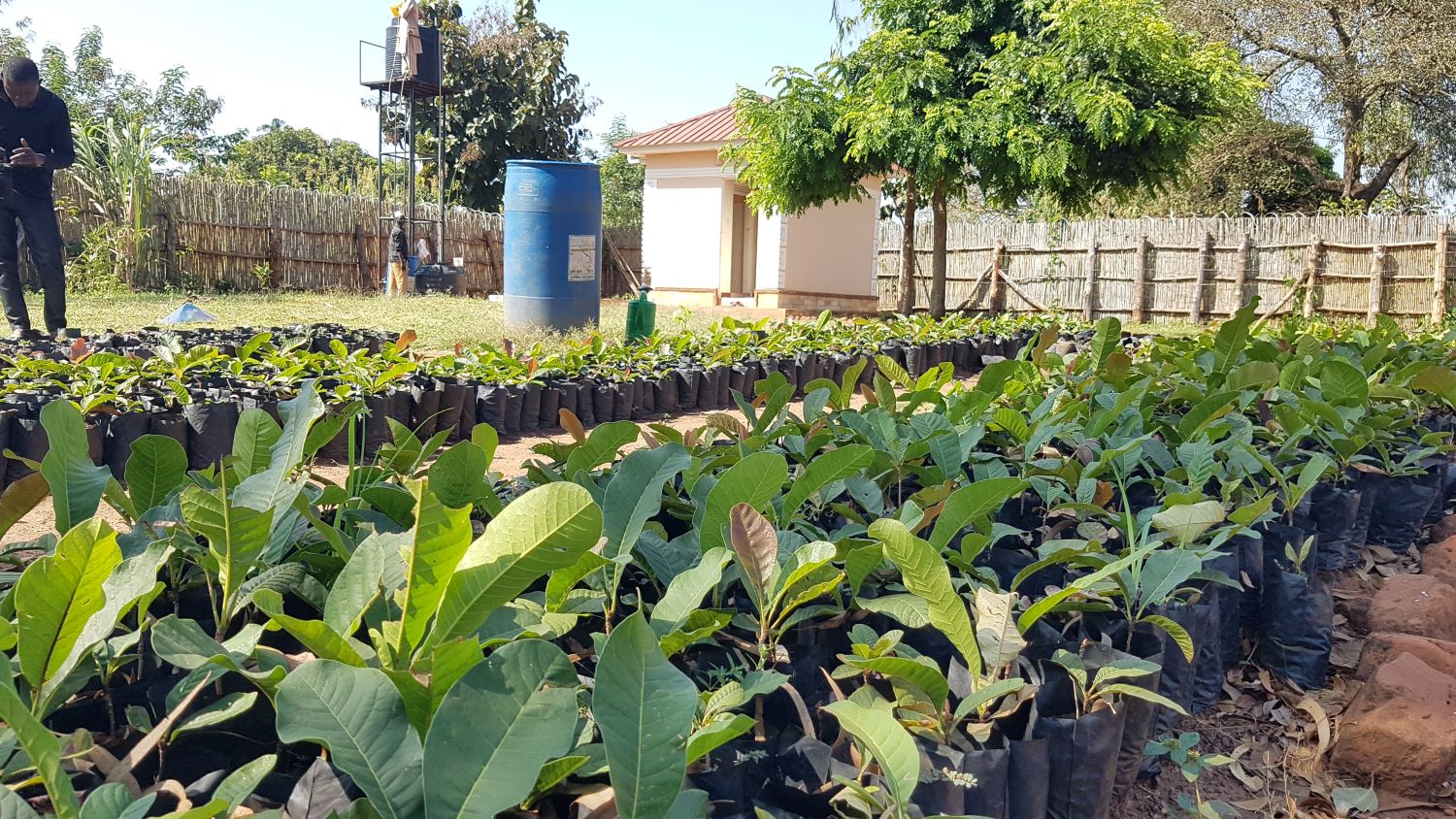
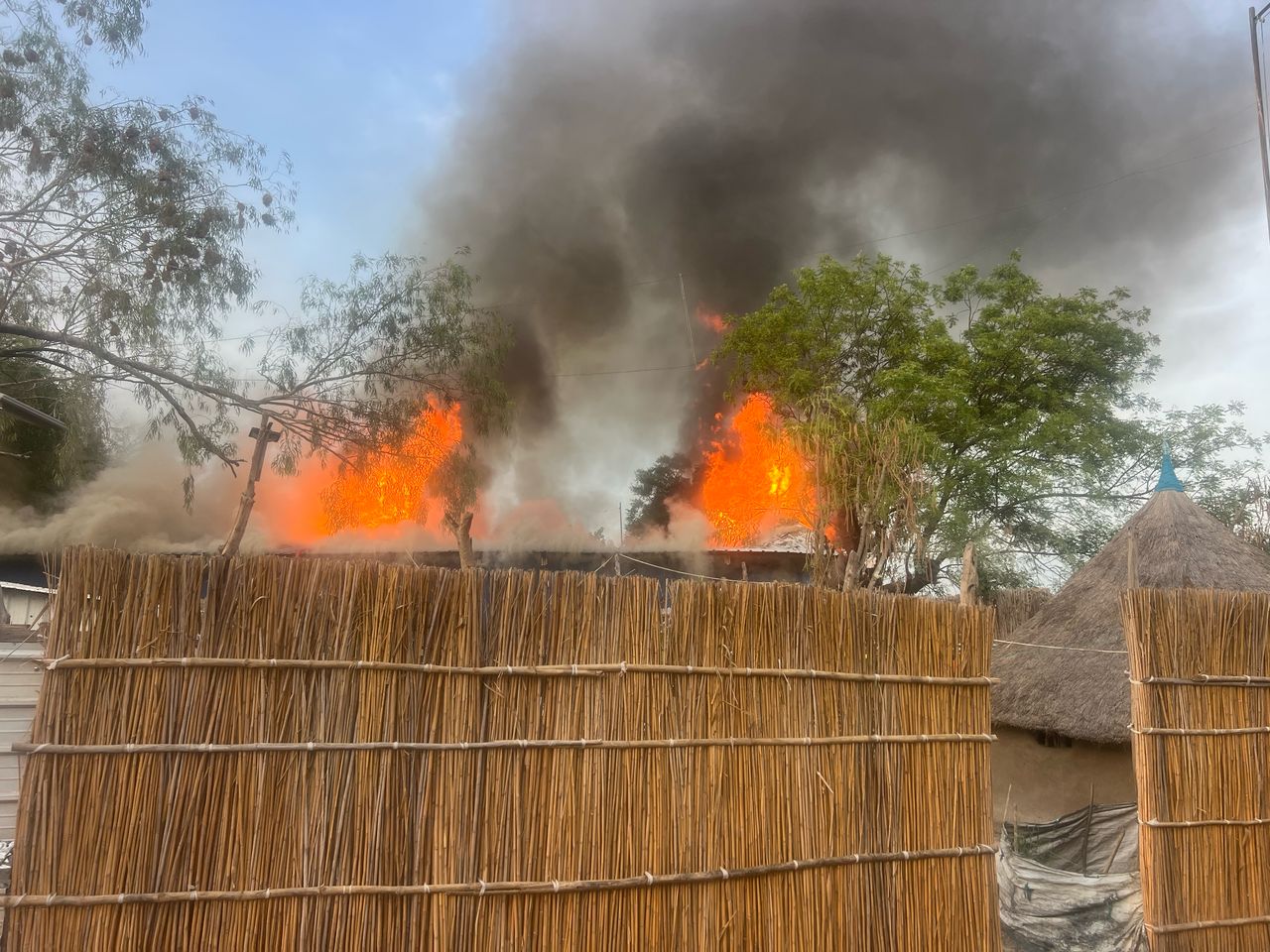
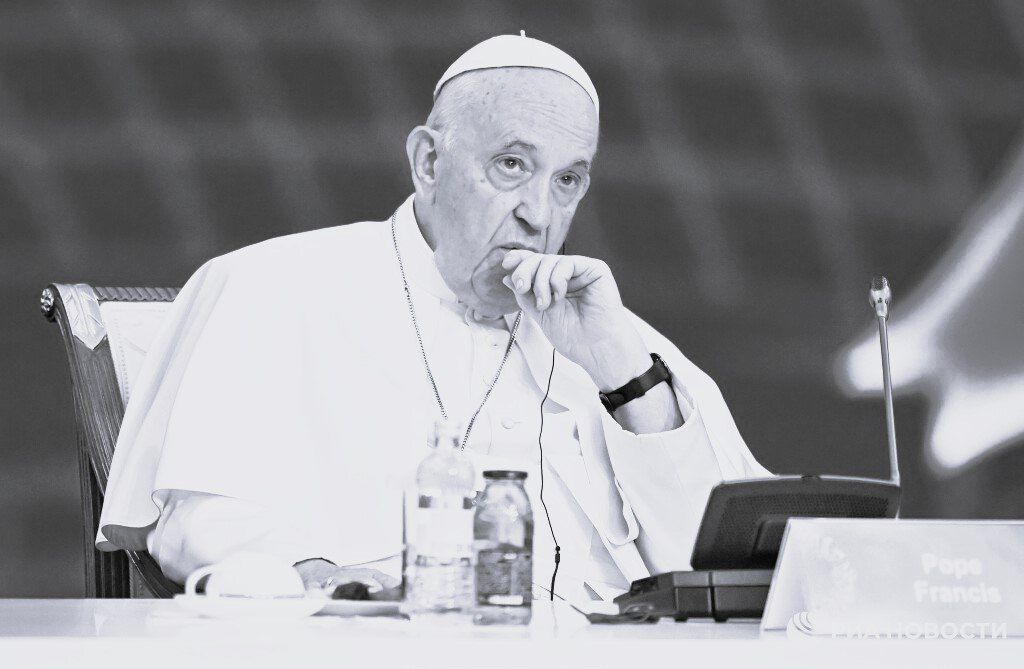
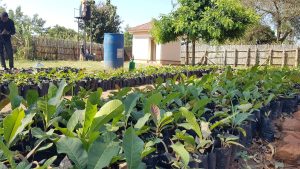

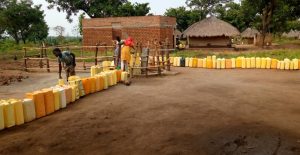
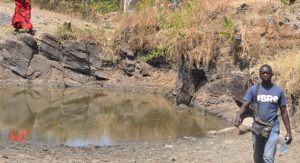
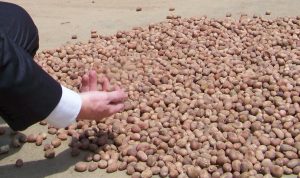
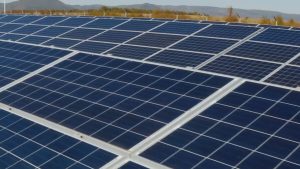

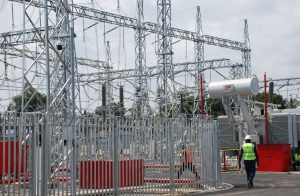
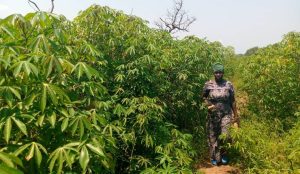
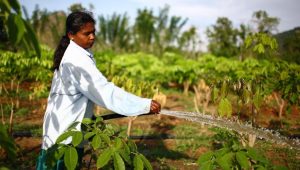
Post Comment